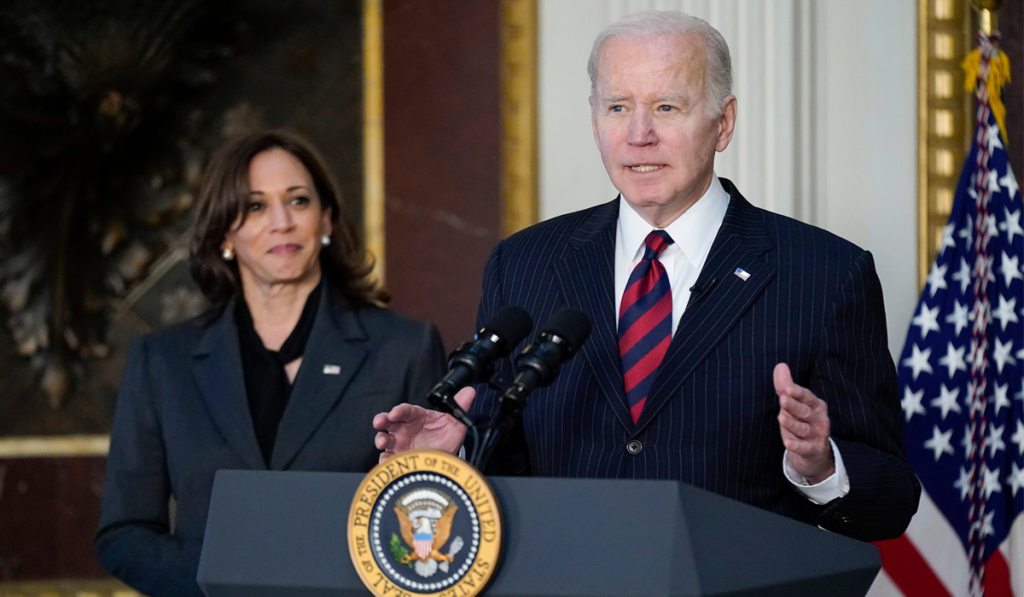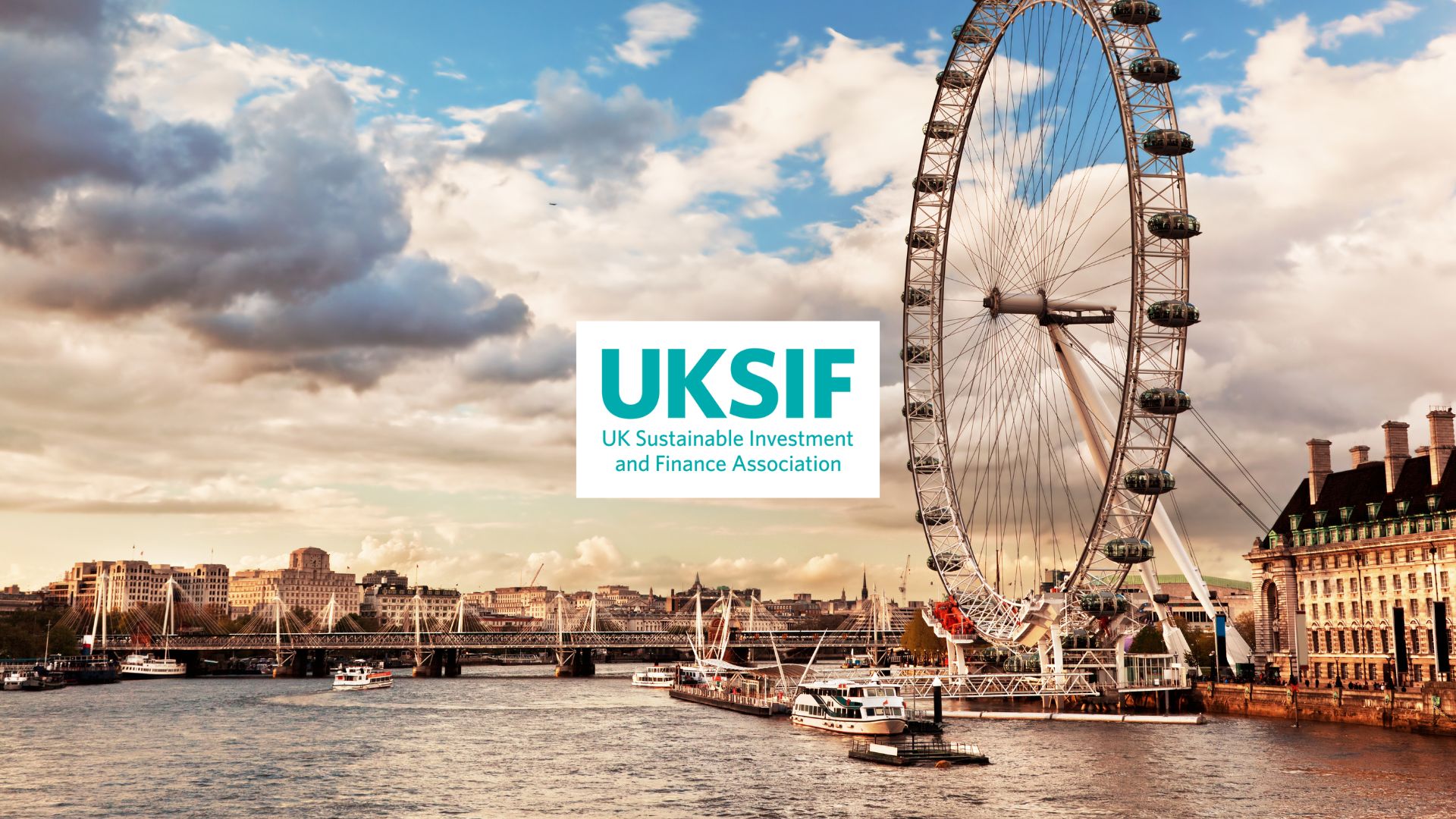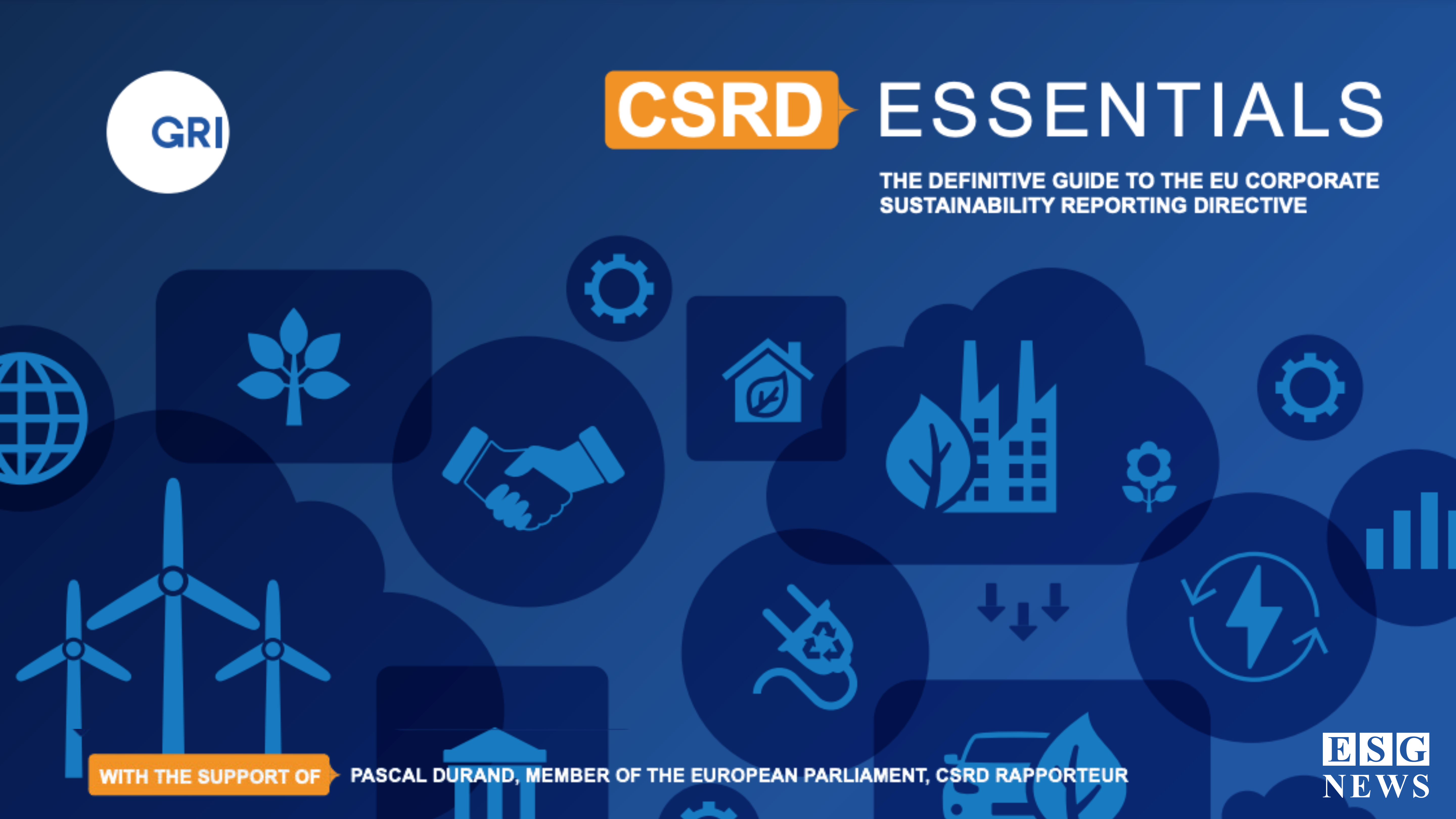US Streamlines Environmental Reviews for Clean Energy and Infrastructure Projects

|
Listen to this story:
|
The Biden-Harris Administration has introduced significant changes to the federal permitting process, aimed at accelerating the development of infrastructure and clean energy projects across the United States. These reforms are designed to overcome the delays that were prevalent during the previous administration, enhancing the speed and efficiency of project approvals. This briefing provides a comprehensive overview of the reforms, their distinctiveness compared to previous policies, and the potential impacts on future sustainable projects.
Overview of Changes: Under prior administrations, particularly noted during the Trump era, infrastructure projects often encountered significant delays due to protracted permitting and environmental review processes. In contrast, the Biden-Harris Administration has implemented a series of aggressive measures aimed at expediting these processes, thereby facilitating faster commencement and completion of critical infrastructure projects.
Key Changes Introduced:
- Establishment of Firm Deadlines: The Administration has set strict timelines for completing environmental reviews—two years for comprehensive environmental impact statements and one year for less extensive environmental assessments. This policy aims to reduce uncertainties and improve efficiency in project planning and execution.
- Simplification and Streamlining of Procedures: Reforms include making environmental documents shorter and more understandable to improve accessibility for all stakeholders. This enhances the transparency of the review process and facilitates easier participation from the public and other interested parties.
- Expansion of Categorical Exclusions: The use of categorical exclusions has been broadened, allowing for the fastest form of environmental review for projects deemed to have minimal environmental impacts. This change is particularly transformative for sectors such as electric vehicle (EV) charging infrastructure, broadband expansion, semiconductor manufacturing, and clean energy projects, enabling them to proceed much quicker than before.
Impact on Future Sustainable Projects: These permitting reforms are poised to have a profound impact on the deployment of sustainable and clean energy projects:
- Accelerated Project Delivery: By streamlining the permitting process, the Administration facilitates quicker launches and completions of projects, crucial for meeting urgent climate and infrastructure goals.
- Economic and Job Growth: The reforms are expected to stimulate economic growth by creating numerous good-paying jobs, particularly in new and expanding industries like clean energy and technology.
- Enhanced Environmental and Community Outcomes: With a focus on reducing the environmental impacts of projects and increasing community involvement, the new permitting process is designed to achieve better environmental outcomes and greater community buy-in, thereby reducing potential conflicts and legal challenges.
- Sustainability and Durability: The reforms encourage projects that are not only expedited but also sustainable and durable, aligning with long-term environmental and social goals.
Related Article: Apple Halves Greenhouse Gas Emissions Through Clean Energy and Innovative Recycling Initiatives
The Biden-Harris Administration’s revamped approach to federal permitting marks a significant departure from the practices of previous administrations. By focusing on efficiency, environmental protection, and enhanced public engagement, these reforms are likely to facilitate faster development of infrastructure and clean energy projects, ultimately contributing to a sustainable future. This proactive and inclusive approach is expected to set a new standard for how infrastructure and energy projects are conceived, approved, and implemented in the United States, leading to lasting impacts on the nation’s landscape and its approach to environmental and community stewardship.










